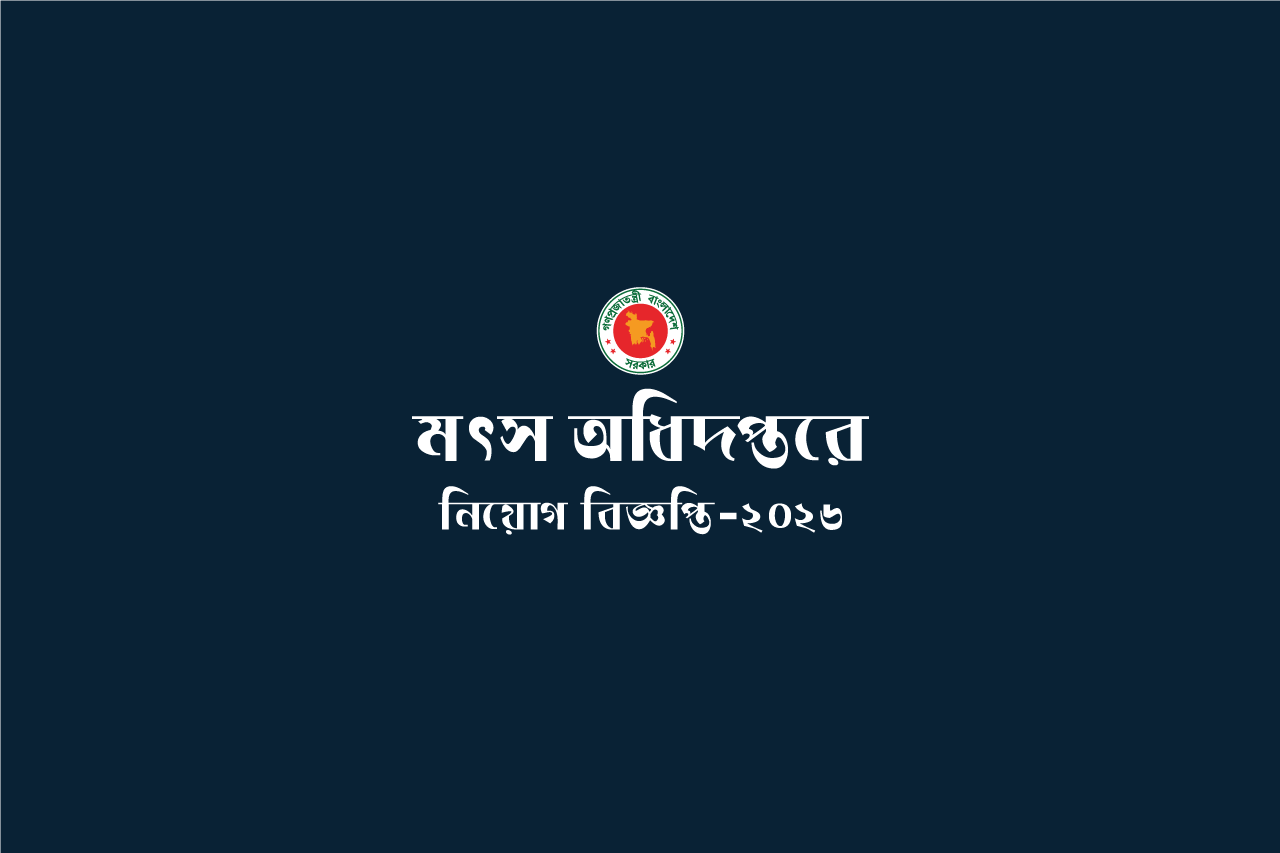A green economy is an economy that aims at reducing environmental risks and ecological scarcities, and that aims for sustainable development without degrading the environment. Bangladesh is a developing country. The growth of this country is not steady enough. The major reasons behind the unsteady growth are a lack of energy resources, poor infrastructure, slow implementation of economic reforms, and overpopulation. The above reasons create social unrest, poverty, and huge unemployment. Besides that, Bangladesh is a low-lying river-irrigated country along with a vast Bay of Bengal sea basin in the south. Frequently, the country is affected by floods, tornadoes, cyclones, etc. These rapid climate changes impact the country’s ecology and make it imbalanced. So, it is high time for Bangladesh to focus on a green economy and apply it. Because, the green economy promotes steady growth in income and employment which is driven by targeted investments in a range of cleaner approaches that lead to enhanced resource efficiency, reduced carbon emission and pollution, and prevention of biodiversity loss and ecosystem degradation. The green economy also promotes the development of basic services and infrastructure as a means of alleviating poverty and improving the overall quality of life. It is about time that we realize that magnanimous investment must be made in businesses that are environment and climate-sensitive, and learn the importance of building back better, in a greener way, so that economic development and environmental sustainability go hand-in-hand.Israel’s counter offensive after Hamas’ surprise attack has raised fears of a long war in the Middle East. The Israel-Palestine conflict, though, has gone on for decades. A look at the genesis and history of this century-old conflict. The Israel-Palestine issue is a century-long one beginning in 1920 when Britain took control of Palestine after the Ottoman Empire was defeated in WWI. The tensions grew between 1920 and 1940 when Palestinian Arabs opposed the relocation of Jews in the area. In 1948, British rulers left the area unable to control the conflicts and created a catastrophe in Israel forcing Palestinians to flee. More than 400 Palestinian villagers were raised by Israeli forces. They fled to Gaza, the West Bank and neighboring Arab countries and the Palestine Liberation Organization was created in 1964. In 1967, Israel defeated Egypt, Jordan, and Syria in a six-day war and claimed Jerusalem as its capital From 1978 to 1982, Egypt and Syria attacked Israel but lost because of the US’s support to Israel. A peace treaty was being discussed afterwards but Israel invaded Lebanon killing hundreds of Palestinians. Till 1993, key issues like Israeli settlements in the West Bank and the status of Jerusalem were left unresolved. The PLO established self-rule for the first time in Gaza in 1994. The second intifada began after Ariel Sharon’s visit to the Al-Aqsa mosque compound and the shockwaves of the violence lasted till 2005. The conflict between the countries reduced in the years 2008 to 2012 significantly reducing casualties. Another bout of violence arose in 2018 in a seven-week span leading to the death of more than 2000 militants in Gaza. Later, Trump recognized Jerusalem as the capital of Israel which began a series of demonstrations in the Gaza Strip. Over the past few years, there have been constant conflicts between the protestors and the militants at Al Aqsa mosque leading to a series of deadly Palestinian attacks. In May 2023, Israel launched a surprise attack on the Gaza Strip targeting leaders of Islamic Jihad . As a result, An armed conflict between Hamas-led Palestinian militant groups and Israel military forces began on 7 October 2023, 50 years after the start of the 1973 Yom Kippur War. Hamas’s coordinated surprise offensive, codenamed “Al-Aqsa Flood”, began in the morning with a barrage of at least 5,000 rockets launched from the Gaza Strip against Israel, while some 2,500 Palestinian militants breached the Gaza –Israel barrier, massacred and set fire to civilian communities, and attacked Israel Defense Forces (IDF) military bases near the Gaza Strip. Hamas stated that its attack was in response to the desecration of the Al-Aqsa Mosque, the blockade of the Gaza Strip, continued Israeli settlements, and Israeli settler violence. Over 1,400 Israelis, mostly civilians, were killed, including 260 people at a music festival in Re’im. Over 200 people, unarmed civilian hostages and captured Israeli soldiers, were taken to the Gaza Strip. Israeli military forces began conducting retaliatory strikes before the Israeli government formally declared war on Hamas a day later.Dhaka Elevated Expressway is Bangladesh’s first elevated expressway project, which will connect the Shahjalal airport with Kutubkhali via Mohakhali, Tejgaon, and Kamalapur of Dhaka, Bangladesh. It is one of the largest infrastructure projects taken up by the incumbent government to ease traffic congestion in the capital. It will be 19.73 km (64,700 ft) long (46.73 km with the connecting ramps) and will cost around 122 billion (US$1.1 billion). On September 2, 2023, Prime Minister Sheikh Hasina ceremoniously opened the Airport-Farmgate section of the Dhaka Elevated Expressway, with her motorcade covering the toll of Tk 2,000 for 25 vehicles. Prime Minister Sheikh Hasina inaugurated the 11.5 km Airport-Farmgate section of the 19.73 km Dhaka Elevated Expressway, a pioneering infrastructure project in Bangladesh. This development holds great promise for alleviating traffic congestion and shortening commuting times in the capital city. Commuters were thrilled to be able to cover the distance between Kawla and Farmgate in just 10 minutes, with speeds reaching up to 60 km per hour. The Dhaka Elevated Expressway has several advantages over other modes of transportation, including cost and time to destination. The communication system would be streamlined, and traffic in Dhaka city will be significantly less congested. The Dhaka Elevated Expressway will shorten travel distances and lower costs. The unpleasant event will be forgotten by people. Simply said, the Dhaka Elevated Expressway will have a big impact on the nation’s economic growth. A green economy is an economy that aims at reducing environmental risks and ecological scarcities, and that aims for sustainable development without degrading the environment. Bangladesh is a developing country. The growth of this country is not steady enough. The major reasons behind the unsteady growth are a lack of energy resources, poor infrastructure, slow implementation of economic reforms, and overpopulation. The above reasons create social unrest, poverty, and huge unemployment. Besides that, Bangladesh is a low-lying river-irrigated country along with a vast Bay of Bengal sea basin in the south. Frequently, the country is affected by floods, tornadoes, cyclones, etc. These rapid climate changes impact the country’s ecology and make it imbalanced. So, it is high time for Bangladesh to focus on a green economy and apply it. Because, the green economy promotes steady growth in income and employment which is driven by targeted investments in a range of cleaner approaches that lead to enhanced resource efficiency, reduced carbon emission and pollution, and prevention of biodiversity loss and ecosystem degradation. The green economy also promotes the development of basic services and infrastructure as a means of alleviating poverty and improving the overall quality of life. It is about time that we realize that magnanimous investment must be made in businesses that are environment and climate-sensitive, and learn the importance of building back better, in a greener way, so that economic development and environmental sustainability go hand-in-hand.




Leave a Reply